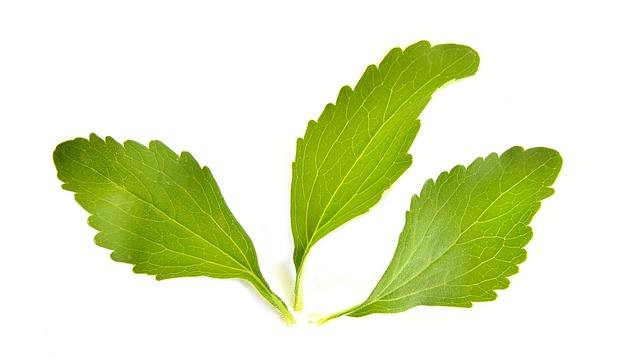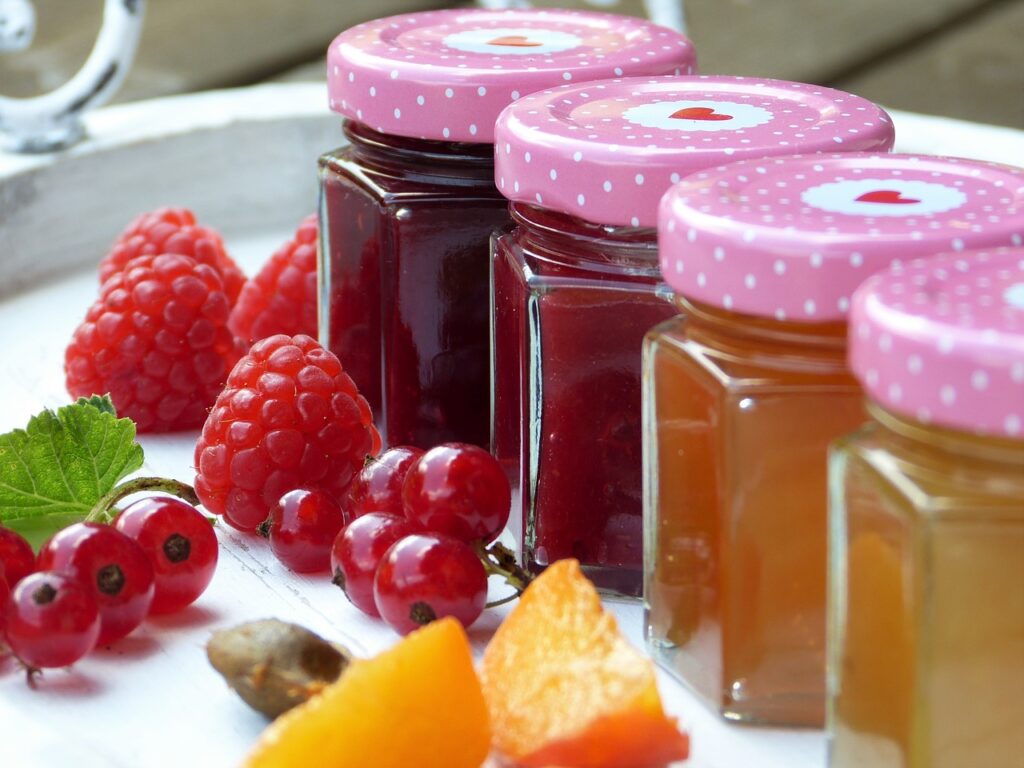Stevia Studies Published Up To 2024
Do stevia studies show evidence that stevia is some kind of “magic bullet” in the battle against long-term Lyme disease?
Recent studies have delved into the realm of Stevia as a potential remedy for Lyme disease. The research indicates that Stevia may possess antimicrobial properties against the

bacteria responsible for causing Lyme disease. Additional investigation is necessary to confirm these outcomes and establish the ideal dosage and duration of treatment. These encouraging studies introduce novel avenues for employing Stevia in the fight against Lyme disease.
However, much more research is needed. The studies completed or in place to date are in vitro, meaning they are done in a laboratory setting. The results have been promising in test tubes and Petri dishes. In vivo testing, meaning testing done live in animals and humans, has not been completed to any extent. There is still no conclusive evidence that stevia is effective in treating Lyme disease in humans.
I Have Nothing to Lose
It’s awful to have a chronic illness. Long-term Lyme disease is particularly nasty and difficult to live with. If nothing the doctors are doing is working, why not try something that might work? It’s a natural herbal product and I have nothing to lose. What’s wrong with trying it, anyway?
Haven’t stevia studies already proven that it’s a harmless, natural product that’s safe for everybody? (Is there any food that meets this description?)
Risks
There is also some evidence that suggests raw stevia herb is potentially harmful to the kidneys, reproductive system, and cardiovascular system. Due to its known ability to lower blood pressure, it may also be possible for it to lower blood pressure too much or interact negatively with medications designed to reduce blood sugar.
Unfortunately, randomized clinical trials in human populations are still lacking. There is therefore no definitive evidence demonstrating how stevia influences the gut microbiome. As with many potentially promising therapies, more research is needed.
Positives and Negatives for Fighting Disease
The Consumption of “Approved” Foods Containing Stevia
Any food that is sold in stores is required to be approved for human consumption. Most consumers naturally believe that once a product is approved, it is safe. Therefore, it is  understandable if someone decides that consuming products sweetened with stevia is a good way to “try out” stevia to see if it helps with some kind of health issues.
understandable if someone decides that consuming products sweetened with stevia is a good way to “try out” stevia to see if it helps with some kind of health issues.
Unfortunately, just because something has been approved does not mean it is good for you, especially in higher quantities. Many so-called “safe” products, such as the artificial sweetener, aspartame, have some very questionable science combined with some very heavy lobbying that got them through the approval process in the first place. Indeed, stevia studies published up to 2024 do not prove that stevia in all its forms is completely safe in every case.
Many products containing stevia also contain other products that can cause adverse effects in some people. For example, stevia products made with sugar alcohols may cause bloating and diarrhea in some people.
There is also some evidence from animal studies that overuse of products sweetened with stevia can cause liver damage.
More Research is Neeeded
The bottom line is, stevia and stevia extracts have not been proven effective in human beings for treating Lyme disease. More research is needed. While stevia studies are ongoing, there is still a long way to go.
